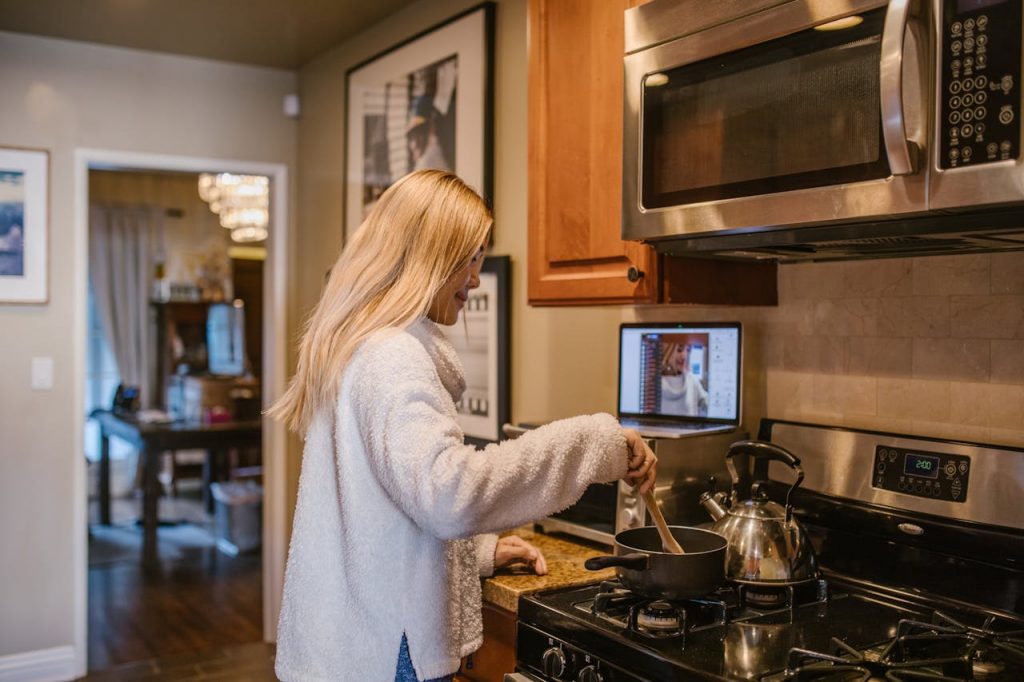
For decades, career advice followed a narrow track: study hard, choose a stable profession, and climb the ladder one rung at a time. Success was often defined by titles, tenure, and predictable progression. But in today’s evolving professional landscape, career journeys are no longer so linear—or confined to a single domain. Many professionals are beginning to realize that the skills they cultivate in personal passions—whether in the kitchen, behind a camera, in a recording studio, or at a home craft table—can quietly lay the groundwork for entirely new career paths.
These interests, once considered separate from “serious work,” are now serving as gateways to innovation, personal branding, and entrepreneurship. This shift isn’t just anecdotal. A growing number of people are translating so-called “non-career” skills into thriving businesses, leadership roles, or creative ventures that not only pay the bills but also bring lasting fulfillment and purpose.
When Play Becomes Strategy
Take cooking, for example. Beyond mastering flavors and timing, a serious home cook learns multitasking, resource management, improvisation, and attention to detail. These are the same traits that great project managers, entrepreneurs, and executives rely on daily.
Someone who experiments with food may not intend to build a career out of it—but the act of pushing creative boundaries, staying calm under pressure, and refining a process over time lays the groundwork for strategic thinking. The same goes for someone who writes short stories in their journal or edits family vacation videos on the weekend. The medium may be personal, but the habits are professional.

Transferable Traits: The Real Currency
Passion projects train the mind in ways traditional jobs sometimes can’t. For example:
- Musicians develop discipline through daily practice and adaptability through collaboration—traits highly valuable in leadership and innovation roles.
- Writers sharpen empathy and storytelling, two vital tools in branding, UX design, and customer relations.
- Photographers learn to spot patterns, frame narratives, and anticipate emotion—all skills that cross over into marketing, content strategy, and even data analysis.
What begins as a weekend pursuit can morph into a side hustle, then into a new identity. Often, these transitions happen organically. A content marketer who once painted as a hobby might find themselves leading a design-thinking workshop. A biology major with a flair for baking might eventually run operations at a food-tech startup.

Learning from the Best
One reason this kind of transformation is becoming more accessible is the rise of platforms that invite people to learn from top experts. On MasterClass, for instance, it’s not uncommon to see a chef, a screenwriter, or a chess grandmaster walk through their daily rituals—not just teaching technique, but mindset.
These insights often blur the lines between passion and profession. A beginner interested in gardening might stumble upon deeper lessons in patience, observation, or even sustainable entrepreneurship. A viewer drawn to a photography class may end up rethinking how they approach storytelling or problem-solving at work.
By exposing people to high-level thinking in creative domains, MasterClass quietly helps learners reframe their personal interests as powerful career tools—sometimes even business assets.
Embracing the Pivot
One of the most empowering aspects of today’s landscape is that you don’t have to abandon your existing path to explore a new one. Careers now allow for layered identities: a marketing manager can also be a children’s author, a lawyer can run a podcast on weekends, a product designer can moonlight as a ceramic artist. The blend isn’t a distraction—it’s a resource.
Learning platforms like MasterClass support this layered growth by offering quick, flexible access to high-quality instruction. Whether someone is refining an old passion or testing a new one, they can explore without high stakes. And often, that exploration uncovers surprising synergy with their primary work.

The Hidden ROI of Passion
Too often, people think hobbies are luxuries—time-consuming activities that should take a back seat to “real work.” But the truth is, passion skills are frequently the source of our most creative thinking, strongest resilience, and boldest ideas.
In boardrooms, these skills show up as clarity under pressure, persuasive storytelling, or the ability to think in systems and metaphors. They offer perspective—and in many cases, a competitive edge.
So if that Sunday painting session, late-night screenplay, or homemade pasta obsession seems frivolous, think again. It might just be the quiet engine behind your next promotion, business idea, or personal reinvention.

Last modified: September 1, 2025








